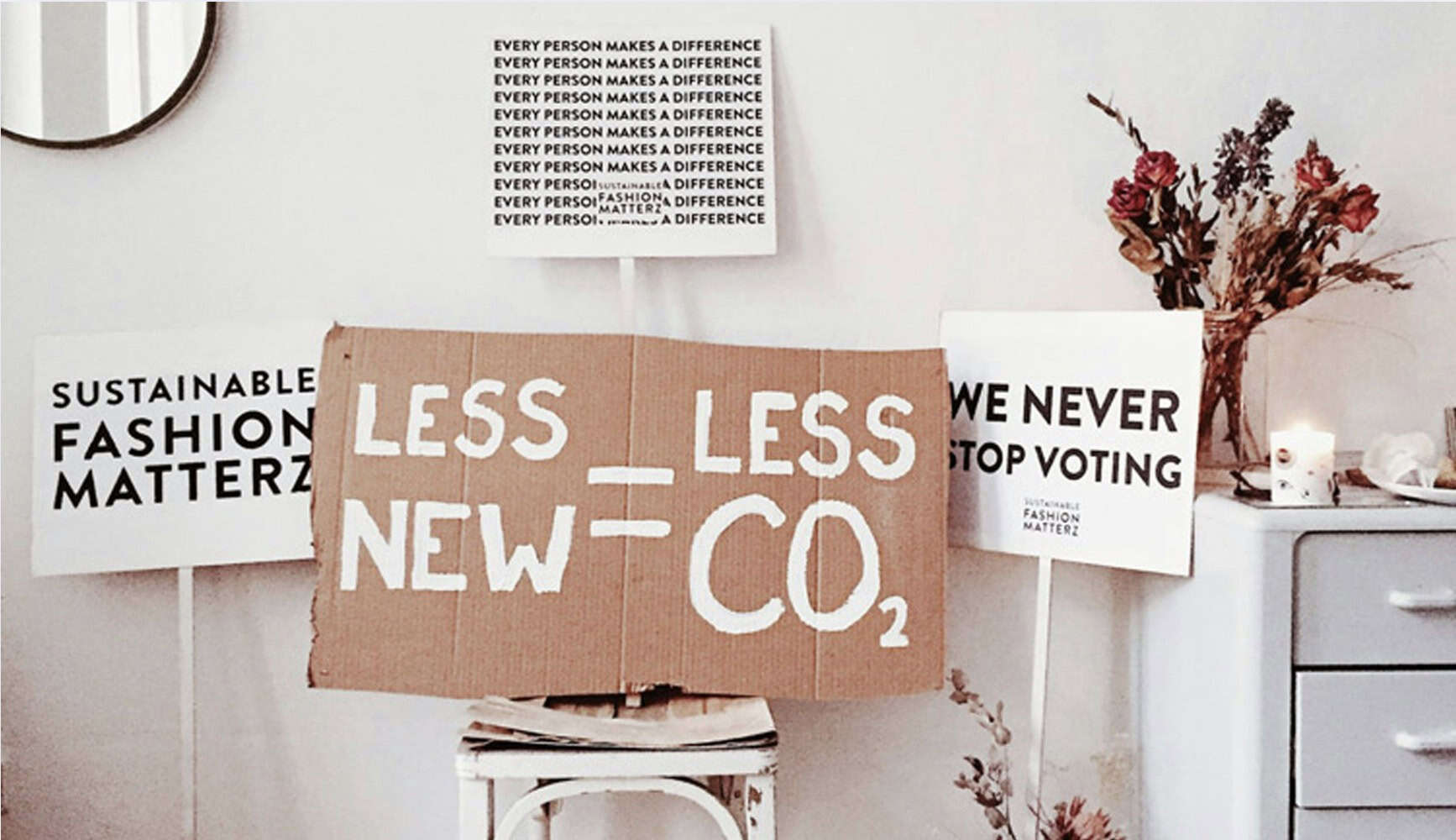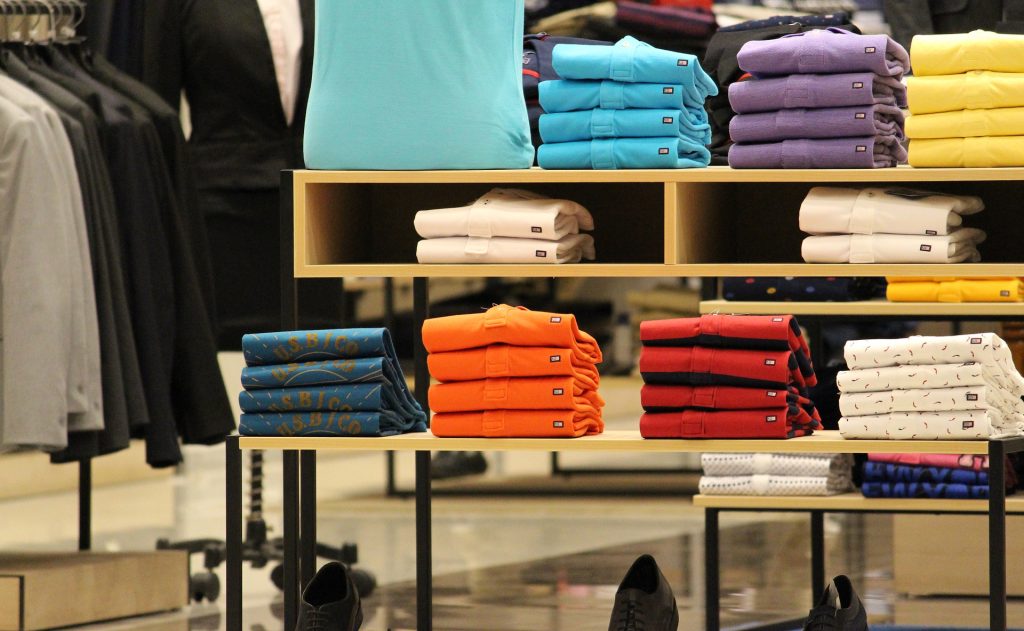
In the world of fashion, it’s always hard to keep up with the latest trends, styles and influencers. Who is the most relevant? What’s the latest thing? Feel a stress headache coming on from all the questions yet?
What has been continually on the rise, however, is the expansion of eco-friendly fashion. Famous eco-friendly fashion designers supporting this sustainable trend include the likes of Stella McCartney, Alternative Apparel, Eileen Fisher and Mara Hoffman.
:format(webp)/cdn.vox-cdn.com/uploads/chorus_image/image/65261936/GettyImages_1167860285.0.jpg)
The name Greta Thunberg has been trending as of late, as we’re sure you’ve seen. Her on-going fight for a better planet has concerns all individuals and industries alike, and that growing movement doesn’t exclude the fashion industry. In fact, scrutiny from campaigners and consumers alike has exposed many elements of fashion as destructive to the environment. And that’s sure to push manufacturers and retailers to change their ways in years to come.
Exactly what is eco-friendly fashion?
Eco-friendly fashion is the process of producing clothes with concern for the environment, better working conditions for manufacturers and a consideration of the health and well-being of the consumer.
Materials sourced to create these clothing products are often natural and made from raw materials such as cotton, in addition to being recycled for further usage.
In the world of fast fashion, it may seem that the increasing efforts and warnings from concerned scientists over the decline of the planet appear to be greeted by a brick wall as explored in our previous blog post.

However, could things be turning around?
Influencers such as Grace Beverley (Formerly known as Grace Fit UK), a popular fitness and lifestyle coach, has been making waves in both the online and fashion industry as she has recently launched her eco-friendly fitness wear line TALA.
TALA’s claim to support ethical clothing is shown in the tagline for the brand:
We are more than just a sustainable brand, we give #TEAMTALA the choice to look cute, feel empowered AND care for the environment without breaking the bank.
And it’s not just influencers and who have been changing the game, fashion leaders including Stella McCartney, Riley Studio and Uinaji have taken environmental action to by using cruelty free, ethically sourced and recycled clothing.
London Fashion Week made history last year as the first main fashion week to go fur-free on its runway with more eco-friendly changes set to take place at future fashion events.
London-based brand, Hanna Fiedler, was a standout star at the most recent London Fashion Show who seeks to cut down on waste and inspire customers to adopt healthier and more environmentally conscious relationship with their clothes. Fielder states:
We understand sustainability as a journey of education and respect towards the people and the planet and are constantly striving to be a more responsible brand with a positive impact in the fashion industry.
The official Hanna Fiedler website
BUT WHY THE CHANGE?
Why now? Will this trend tire and move on as quickly as other short-lived fashion fads?
The topic of ethical fashion is more prominent now than ever before. Consumers are more careful and concerned about where their products are coming from which, in turn, encourages changes from the fashion providers.
Since 2018, Lyst saw a 66% increase in searches for sustainable fashion, which included related keywords like “ethical brands” and 16% for “organic cotton”. The search for the term “sustainable denim” resulted in a 187% increase in page views for sustainable denim brands.
Lyst
So, now that brands are feeling the pressure and making the necessary changes, could the fashion industry really improve its lengthy past of fast fashion and bad habits?
With the current climate so vulnerable to the influence of celebrities, the media and our own peers, the fight for ethical fashion is not going away anytime soon!
Enjoy this article? Find similar and more on the Seventy7 blog page.